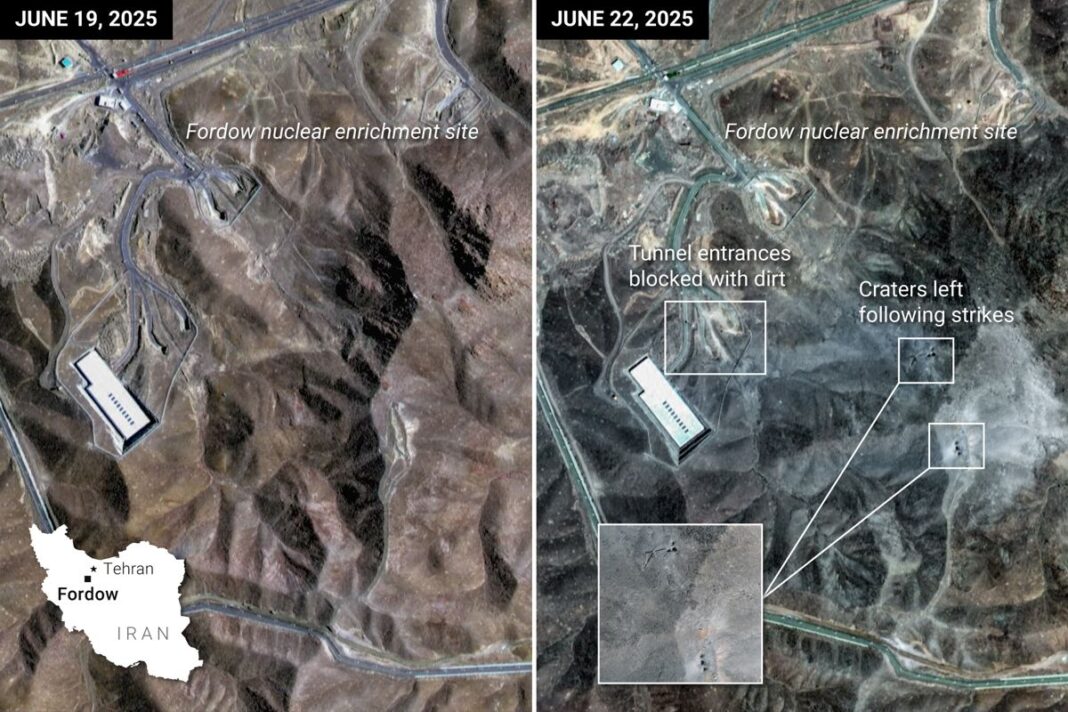The court voted 6–3 to allow South Carolina to boot the abortion provider from its Medicaid program.
States have more leeway to defund Planned Parenthood, the nation’s largest abortion provider, after a major decision from the Supreme Court on June 26.
The case, known as Medina v. Planned Parenthood, focused on South Carolina’s attempt to prevent Medicaid dollars from flowing to the organization.
Planned Parenthood and one of its patients sued, alleging that the state’s decision violated the federal law establishing Medicaid, which allows recipients to choose their providers.
The Supreme Court’s ruling, however, said that patients didn’t have a clear right to sue over that provision of the Medicaid Act.
The justices discussed a variety of issues, including a separate law known as Section 1983 that allows Americans to sue the government over alleged violations of their rights.
This, in turn, sparked discussion about the history of that law and the civil rights movement within the United States.
Here are some key takeaways from the court’s new opinion, as well as insights on how this could impact state efforts to defund Planned Parenthood.
No Right to Sue Over Medicaid Providers
States receive Medicaid funding after submitting a plan to the federal Health and Human Services Department, which can revoke states’ funding based on whether they comply with various conditions.
One of those falls under the “any-qualified-provider provision” of the Medicaid Act, which allows Medicaid recipients to obtain medical assistance from the qualified provider they choose.
It’s unclear what exactly “qualified” means in the law, but Justice Neil Gorsuch’s majority opinion indicated that whether a provider is designated qualified or unqualified should be left to the states.
However, the Health and Human Services secretary may still withhold a state’s Medicaid funding if that official deems the state out of compliance with conditions outlined in federal law.
As Gorsuch noted, this case didn’t prevent the secretary from doing that.
Instead, the state questioned whether recipients could attempt to enforce the Medicaid Act through Section 1983, which allows lawsuits over violations of rights.
The problem in this case, the majority said, was that even though the Medicaid Act allowed recipients to choose their providers, it didn’t clearly establish the kind of right that would allow a lawsuit under Section 1983.
Part of the majority’s reasoning was that the Medicaid Act was better viewed as a form of spending that provided benefits, rather than “rights.”
It also said that for Congress to establish some kind of enforceable right in a federal law, it had to do so in a clear or unambiguous way.
That didn’t happen with the provider provision, according to the majority.
By Sam Dorman and Matthew Vadum







